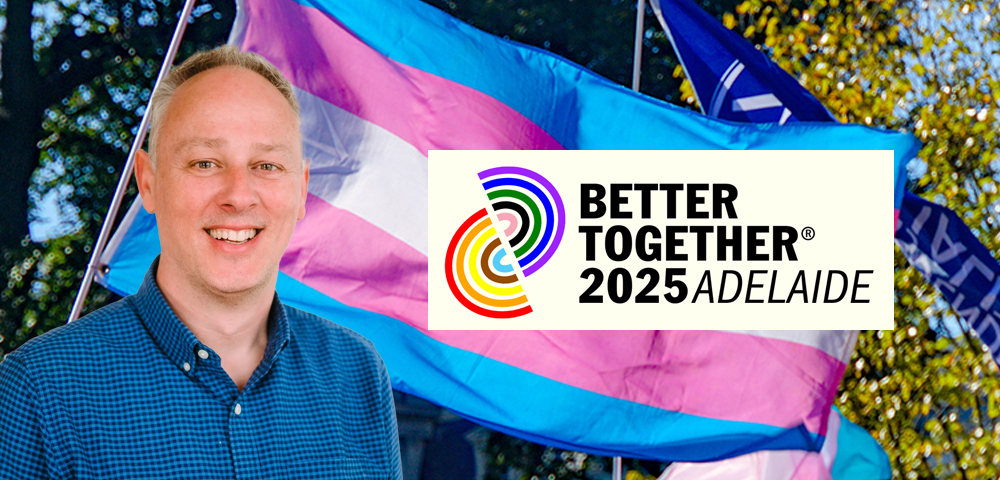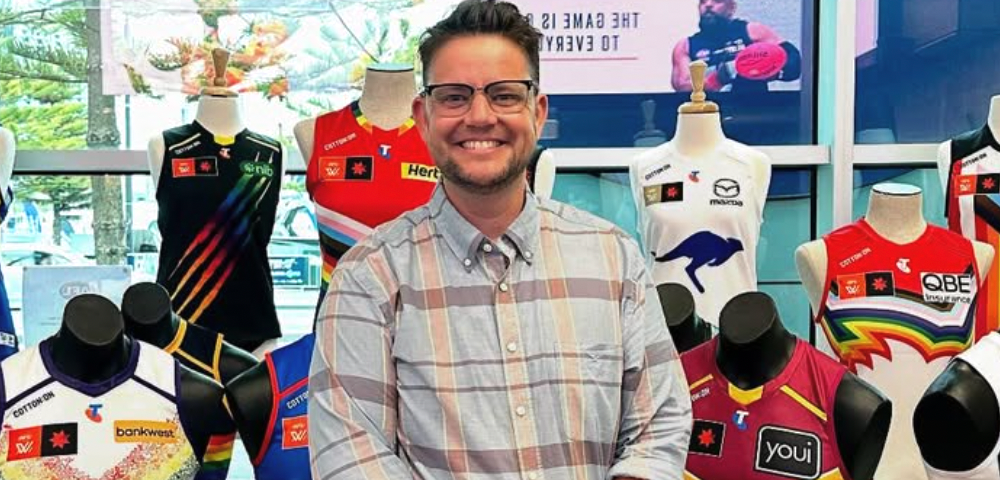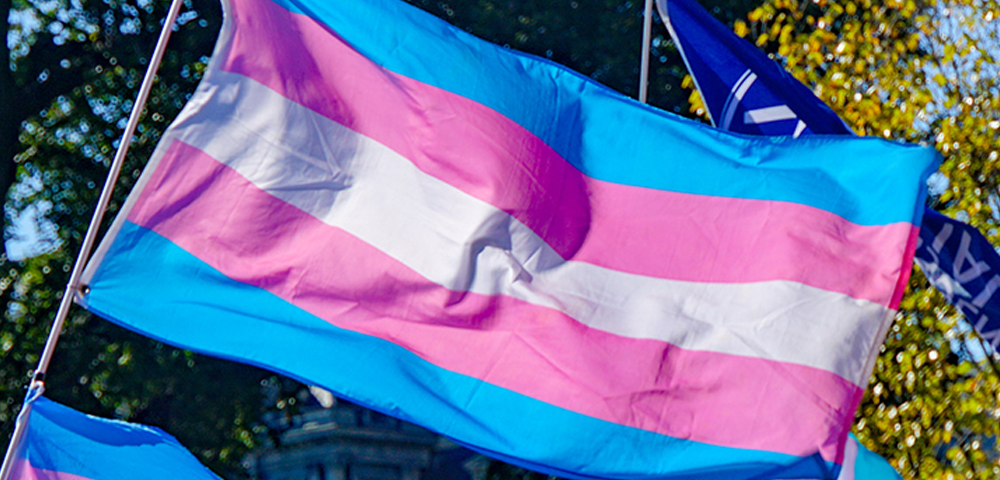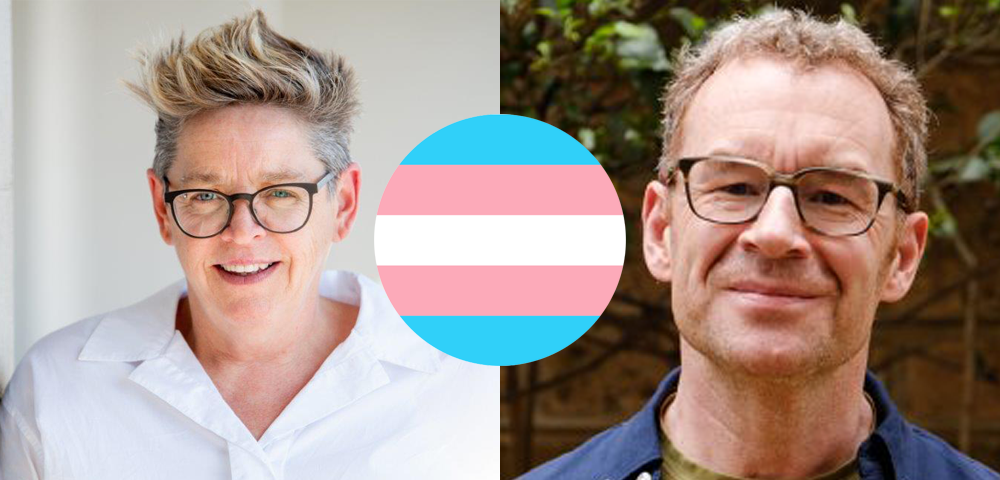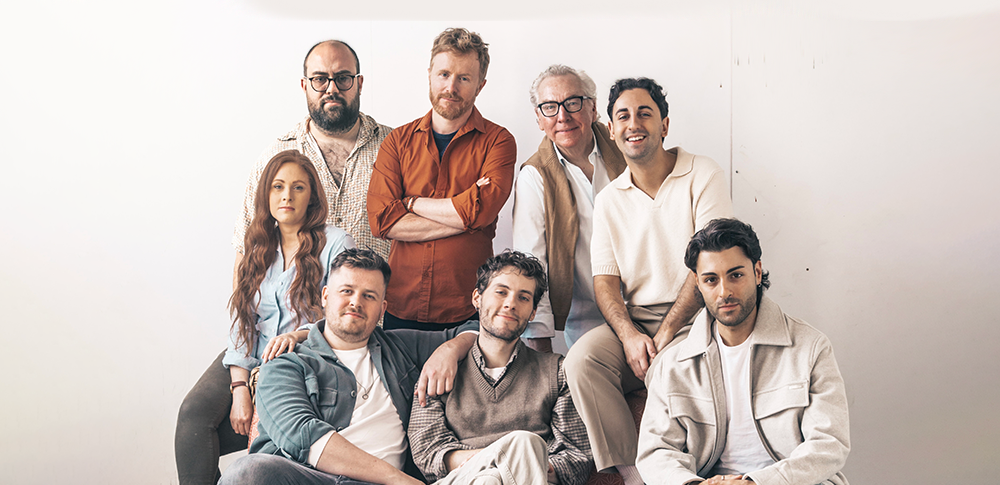
Rolik’s pressure role
Having served as a Mardi Gras volunteer for years, and having worked his way up via roles as parade director and a stint on the board, Michael Rolik has taken up the CEO position.
Giving up his own successful management consultancy business to take the role, Rolik said it was “too good an opportunity that doesn’t come up too often”.
He is still very much working within the parameters set by outgoing CEO Anna McInerney with the immediate focus on producing a smooth and successful season. Following on from that, increasing community participation and boosting the level of professionalism in the organisation are on his agenda.
“The broad ambitions are around core excellence in our events,” he told Southern Star. “Particularly creatively, I think there’s scope there. The organisation has invested more than it ever has into professional staffing so there’s a great opportunity now for us around our planning — to do that earlier and with more consultation with our partners, sponsors and community groups.
“I’d like to get to a point where that sense of cohesion and energy is a lot stronger than it is.”
Rolik is confident that this year’s split won’t cause people to turn away from Mardi Gras, and hopes it may in fact enable more people to enjoy the party, and sample more widely from the shorter two-week festival.
“When I was a young gay man first getting involved with Mardi Gras, I used to take leave so I could just celebrate and access everything,” he recalled.
“I have complete faith in the line-up. If you choose not to go to some of the events, you’re going to miss out.
“Really, we’re aware that this year is different, so what has been important for us is to make sure that we deliver and we’re really focused on creative excellence — we’ve invested in that this year, more so than we have ever done before.”
Any decisions on whether this could become a permament change for Mardi Gras will have to wait until the wins and losses have been counted.
In the future Rolik would like to do more to boost people’s sense of connection to the organisation by encouraging more to volunteer and more community organisation involvement.
When asked whether commercialisation might have something to do with the sense of disconnection for some in the community, he maintained that corporate sponsors and floats were an important symbol of wider community support.
“That’s something we struggled for, to get that recognition of who we are. Those sponsors are true partners. They invest in us financially, and the wider impact is that the people who work in those companies receive that affirmation and support.
“I hear what people say about it being commercial, but we’re selective about who we partner with and we don’t partner with organisations that don’t support the community.”
Broadening the scope of Mardi Gras’ message to reach wider audiences with the stories of our community’s history and concerns remains the point of Mardi Gras.
“It amazes me that there are people who constantly say Mardi Gras is not relevant. It was a fight and a struggle for so many years, so we could enjoy what we are able to today,” Rolik said.
“There’s a tremendous amount of respect that I have, and I’m really passionate about honouring that history and that education. With History of the World [this year’s festival theme] we’re not just focusing on the last 33 years, we’re saying that over the last century and millennia, we have contributed to civilisation and social development.
“If you think about people who are in a different environment, where they can’t enjoy that level of being able to talk about, and express who they are, Mardi Gras has a responsibility to tell that story.”





